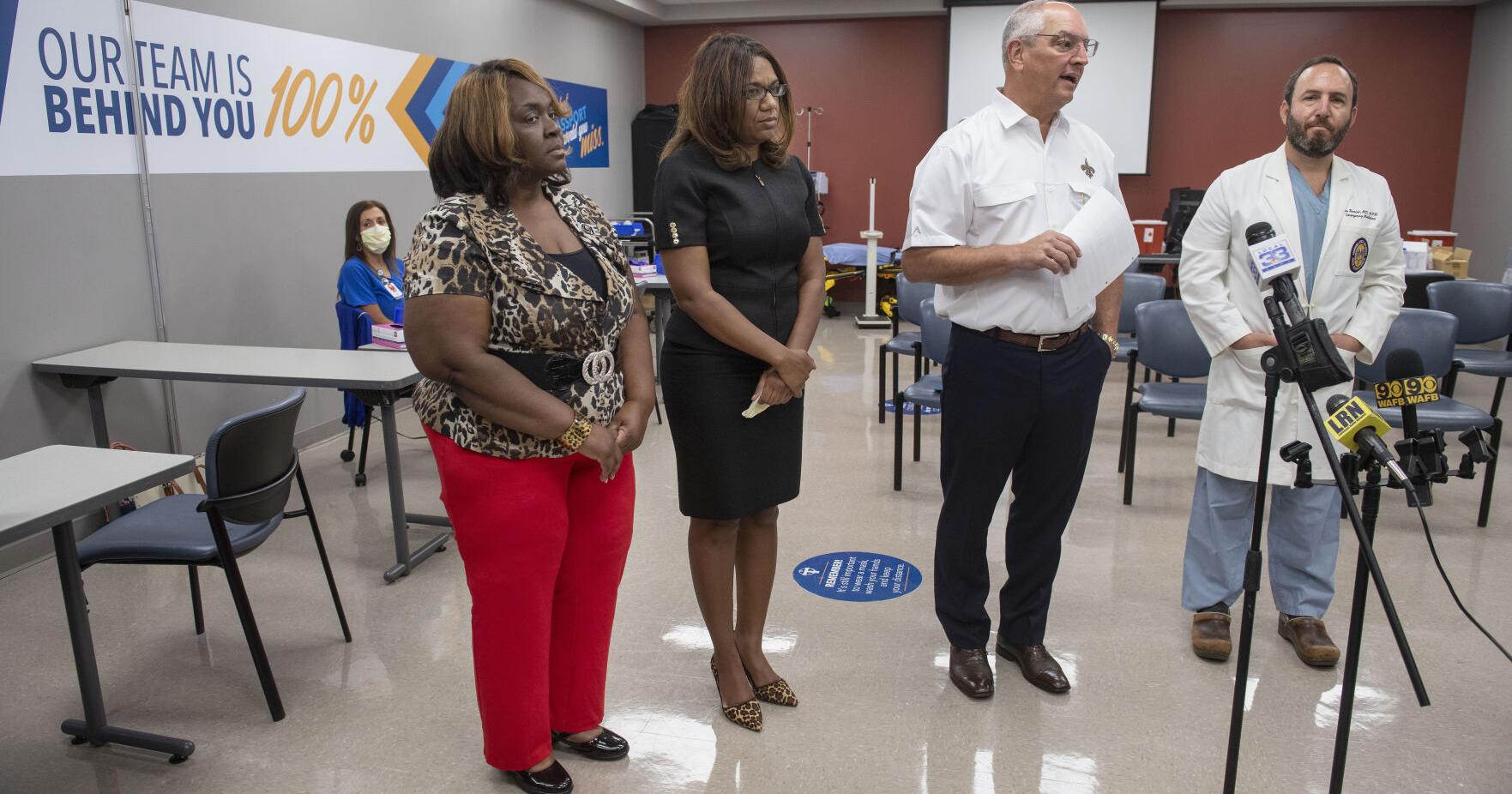Editorial: When politicians play dumb and threaten the health of schoolchildren

When we get 94% of the answers right on a test, most of us think we’re due a pretty good grade.
Not the case, though, with vaccinations.
The rule of thumb to prevent an outbreak of highly contagious diseases like measles and chickenpox among children is to get them 95% vaccinated. That’s served this country well, Louisiana’s chief public health officer recently told the Press Club of Baton Rouge.
Today, though, Louisiana is seeing a decline in the previously high percentage of students coming into school at kindergarten age who are vaccinated.
In the fall of 2012, 97% of our kindergartners were vaccinated, which was higher than the national average. By the 2021 school year, that percentage had slipped to 94% — enough to worry Dr. Joseph Kanter and other experts. Uptake of the vaccine against chickenpox was down to 93% that year.
Obviously, no one has seen a dramatic increase in the relatively small numbers of people who may have strict religious rules objecting to vaccines. But what we’ve seen, Kanter said, is a growing and “much better-funded” movement against vaccinations since the COVID-19 pandemic’s disruptions of daily life.
The increasingly strident anti-vax movement is fueled by social media hysterics and has some political resonance.
A number of bills have been introduced in the Legislature over several years not only attacking the emergency restrictions put into place to combat COVID-19, but proposing broader measures that promote distrust and inspire potentially deadly parental decisions.
Many of those measures have not made it through the legislative process, for which the state should be grateful. And Gov. John Bel Edwards has been ready with his veto against those that snuck through.
This year, House Bill 399 by Rep. Kathy Edmonston, R-Gonzales, would have required that schools provide detailed information to parents on how to opt out of vaccinations. Today, that is provided to parents with children seeking to enter school, not sent home annually to all students.
As the governor wisely observed, the Edmonston bill “is a covert attempt to undermine the faith of the public in vaccines.”
In political parlance that’s called a “dog whistle,” a bill that may seem unobjectionable on the surface but represents a strong signal to a vociferous interest group — such as the growing anti-vax movement.
The governor’s veto message was wise to the underhanded messaging: “School vaccination requirements protect both students and school personnel in communities where potential for vaccine-preventable disease transmission is high. Perpetuating mistrust in vaccines that are safe, effective, and essential to public health is reckless and extremely dangerous.”
All of the above is true.
And what is even more discouraging? Two-thirds of the legislators played dumb and voted for the Edmonston bill. And the House, by a two-thirds vote, sought to override the governor’s wise veto.
Fortunately, the Senate did not achieve the same supermajority needed to override, but a solid majority, 23-16, voted wrong.
Wrong for the public’s health, wrong for the safety of children in schools public and private and wrong for the vaccination rate in general, as controversy might well perpetuate mistrust in today’s world.
As a society, we ought to keep increasing the rate of vaccinations against childhood diseases. The very rare outbreaks of measles or other diseases have tended to come when particular geographical areas have seen vaccination rates slip.
We need to get to 95% in Dr. Kanter’s class.
This article has been archived for your research. The original version from Google News can be found here.


